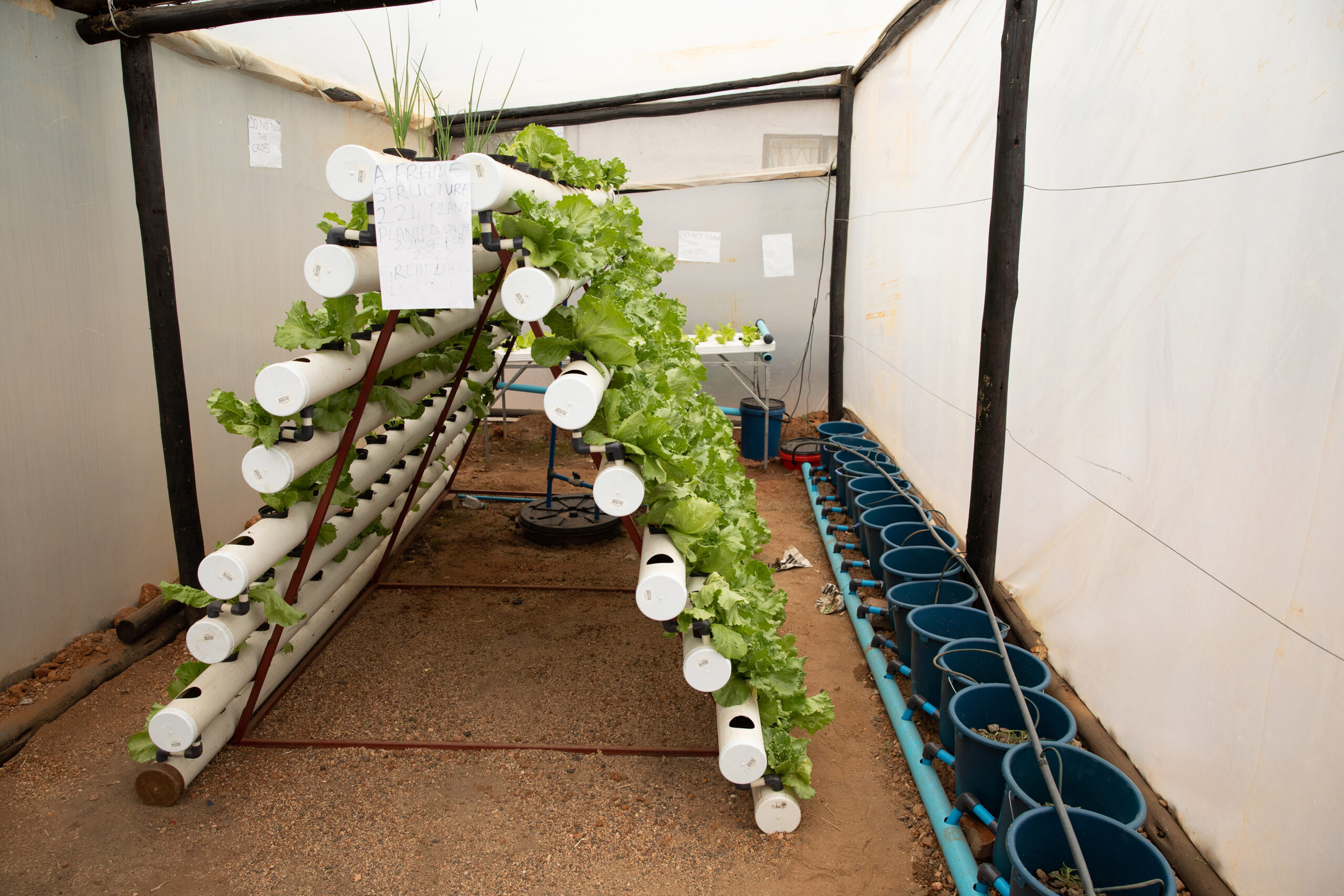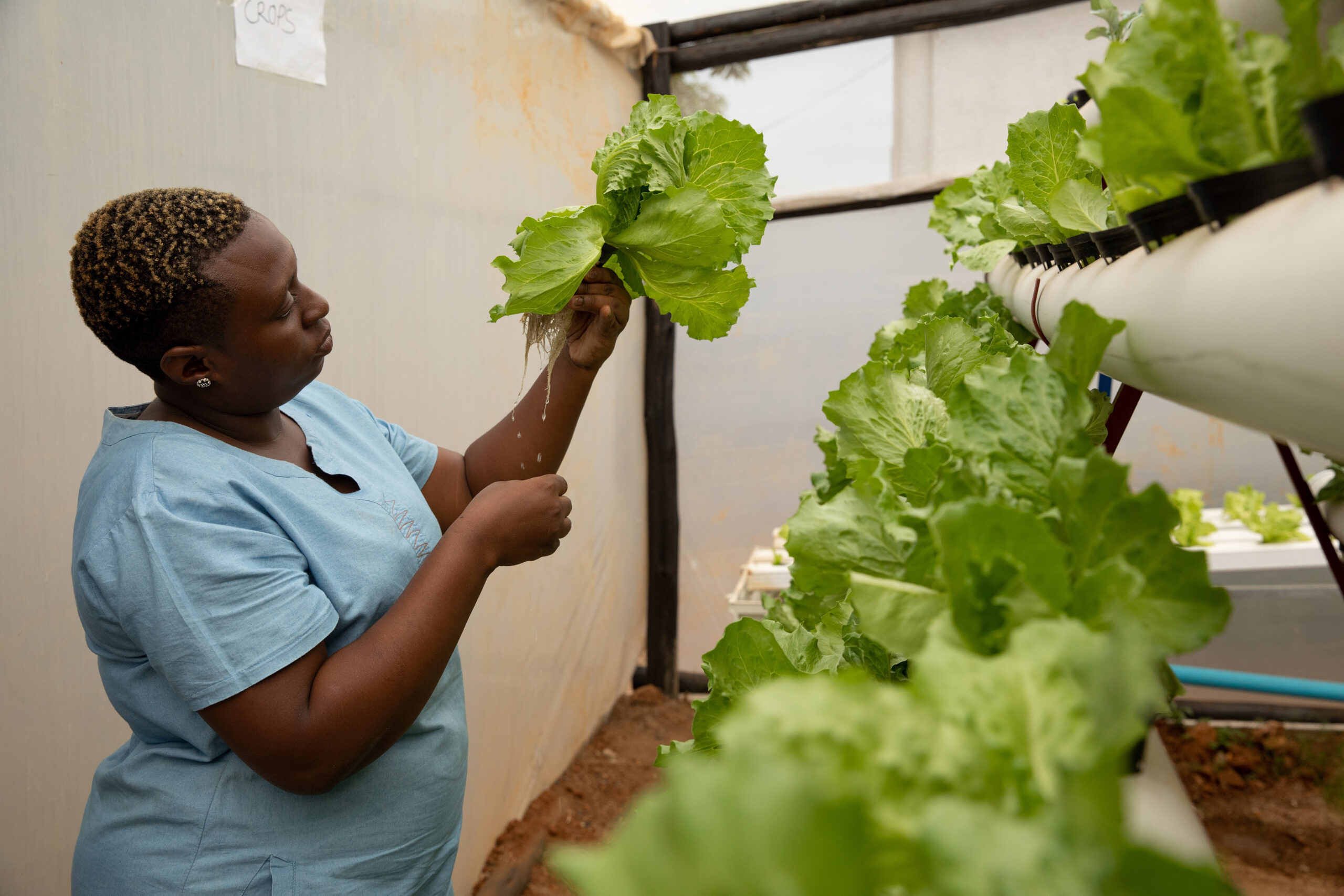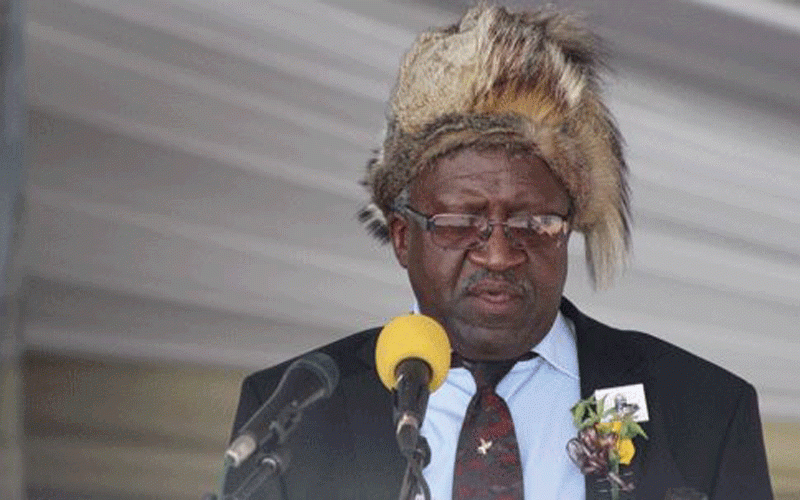
BY GARY GERALD MTOMBENI THE World Food Programme (WFP) has come to the rescue of food insecure urban dwellers through its hydroponics initiative.
Hydroponics is a soilless cultivation technique that enables plant growth in arid or peri-urban areas.
It uses up to 90% less water and 75% less space, while producing crops that grow 100% faster than under traditional agriculture. The project uses a set of plastic pipes, buckets, a solar pump and plant solution which contains plant nutrients.
In a report, WFP said 50% of Zimbabwe’s urban households faced difficulties in affording nutritionally adequate diets.
“Hydroponics enable urban dwellers to grow lettuce, rape, tomatoes, pepper, cucumber, broccoli, green beans, peas, cauliflower and amaranth,” read the WFP statement.
“In recent years, urban food insecurity has become increasingly more prevalent in Zimbabwe, largely due to the acceleration of global shocks, high levels of inflation and rising food costs,” says WFP.
A beneficiary Ruth Rugeje (34) said after her business as an informal trader crumbled during the peak of the COVID-19 pandemic, she joined the WFP hydroponics programme.
“Since 2019, WFP has been assisting me with cash-based transfers so that I can access basic food items,” Rugeje said.
- Chamisa under fire over US$120K donation
- Mavhunga puts DeMbare into Chibuku quarterfinals
- Pension funds bet on Cabora Bassa oilfields
- Councils defy govt fire tender directive
Keep Reading

Around 1 225 households and 6 125 people in urban areas have benefited from the hydroponics project.
“In total urban resilience has reached 14 135 households which translates to 70 675 individuals,” the WFP report said.
Last year, 42% of the urban population in Zimbabwe (2,4 million people) were unable to meet their basic food needs, WFP noted.
This initiative is financially supported by the Bureau for Humanitarian Assistance from the United States Agency for International Development and The Swiss Agency for Cooperation and Development (SDC).
- Follow NewsDay on Twitter@NewsDayZimbabwe










